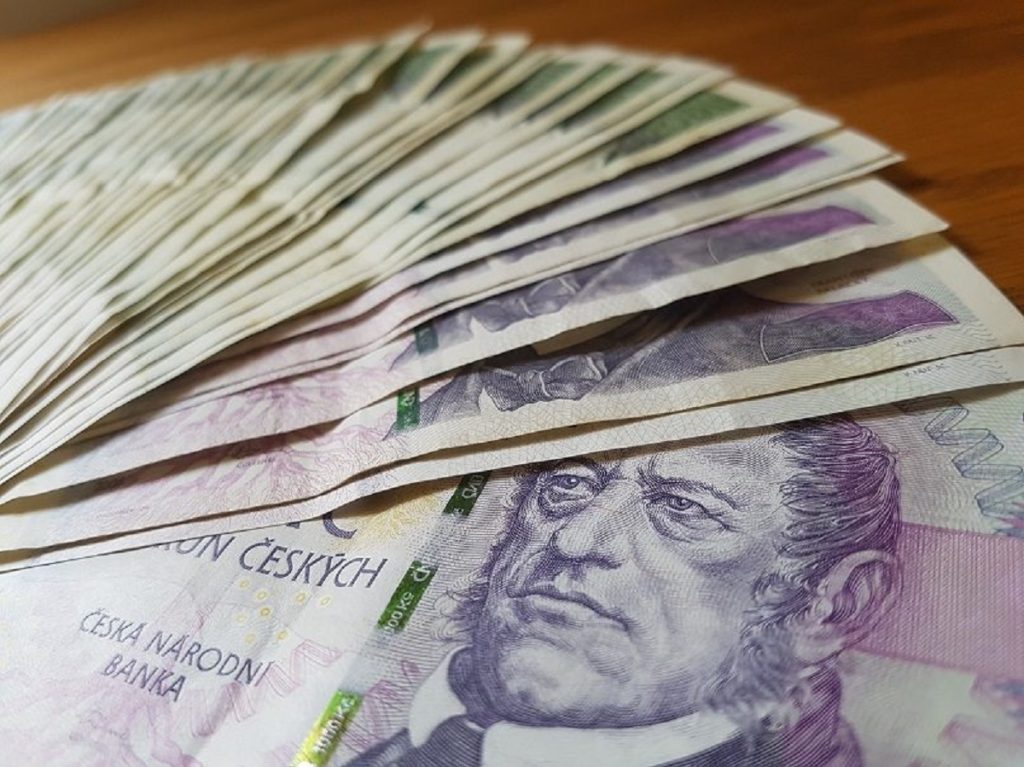Ukrainian refugees living in the Czech Republic paid CZK 8.2 billion in taxes and levies in the third quarter of this year, more than double the amount the Czech state spent helping them, the Labour and Social Affairs Ministry announced yesterday.
The ministry said that spending on supporting those with temporary protection status totalled CZK 3.9 billion in this period, bringing the financial balance of hosting Ukrainian refugees to a surplus of CZK 4.3 billion. This continues the trend of rising revenue from refugees and falling expenditure on their benefits, the ministry said.
Revenues from Ukrainian refugees who left their country after the Russian invasion in February 2022 overtook expenditures from the third quarter of 2023. Since then, the gap between the two figures has been growing.
“Ukrainians who have found refuge in our country are now a solid part of the labour market,” said outgoing Labour and Social Affairs Minister Marian Jurecka (KDU-CSL). “Most of them work, pay taxes and insurance fees, and thus contribute to the financing of our welfare system. They are not entitled to many of the benefits that Czech citizens receive. All of this shows that their contribution to our economy is quite clear.”
The balance of the state budget regarding the total revenue and expenditure related to refugees from Ukraine turned positive for the first time last year. For 2023, the deficit was CZK 2.6 billion, while in 2024 the budget showed a surplus of CZK 9.7 billion. After three quarters of 2025, the surplus has now reached CZK 11.7 billion, the ministry said.
The largest part of the revenue from people with temporary protection status is social and health insurance. Other revenues come from VAT, individual and corporate income taxes, and excise duties.
Conversely, the ministry says, the decline in state expenditure reflects the falling number of people dependent on direct humanitarian aid and the growing economic self-sufficiency of refugees, who are increasingly joining the labour market and ordinary life in the Czech Republic.
See also
The state continues to provide humanitarian assistance to those who cannot provide for their own livelihoods, mainly children, the elderly and the disabled. Two-thirds of all beneficiaries are from these vulnerable groups. “The number of beneficiaries of the humanitarian benefit has been declining for a long time – in April 2022 it went to some 234,000 people, compared to just 83,000 in September 2025,” the ministry said.
Some politicians in the nascent new governing coalition, particularly from the far-right Freedom and Direct Democracy (SPD), have criticised the aid provided to Ukrainians and called for a change in the approach to refugees. But according to Jurecka, helping people who had to leave their homes because of the war was not only morally right but also economically sensible.
“The Ukrainians are hard-working, culturally close to us, and they help to keep professions running that have long been in low demand among Czechs,” he said.


